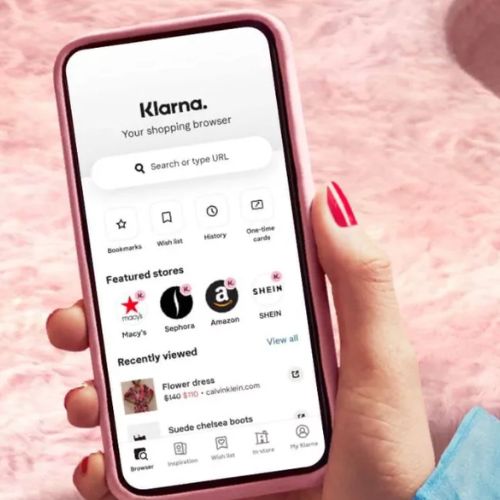In today’s fast-paced world, the concept of a smart home manager has evolved from a futuristic dream to an accessible reality. Smart home management systems offer convenience, security, and efficiency, transforming how we interact with our living spaces. This article explores the features and benefits of a smart home manager, focusing on how these systems enhance our everyday lives.
What is Klarna?
Klarna is a Swedish fintech company that provides online financial services, including payment solutions for consumers and merchants. Known for its “buy now, pay later” model, Klarna has revolutionized online shopping by offering flexible payment options, enhancing the shopping experience, and providing financial convenience to users.
How does using Klarna work?
Using Klarna is straightforward and user-friendly. When shopping online, consumers can choose Klarna at checkout to split their purchases into smaller, interest-free instalments. Klarna pays the merchant upfront, and the consumer repays Klarna over a specified period. This process allows for greater financial flexibility, making it easier for consumers to manage expenses.
Klarna: Facts & Statistics
- Founded in: 2005
- Headquarter: Stockholm, Sweden
- Founders: Sebastian Siemiatkowski, Niklas Adalberth, and Victor Jacobsson
- Business Model: Buy now, pay later
- Total active consumers: Over 90 million
- Total number of merchants: over 250,000
- Number of transactions per day: approximately 1 million
- Number of employees: Around 4,000
How does Klarna make money?
Klarna’s business model is multifaceted, leveraging various streams to generate revenue.
- Customer Segments: Klarna targets consumers and merchants, providing a seamless payment solution that benefits both parties. By offering flexible payment options to consumers, Klarna attracts a broad audience.
- Value Proposition: Klarna’s value lies in its ability to simplify online payments, offering interest-free instalment plans and an enhanced shopping experience. This convenience attracts consumers and boosts merchants’ sales.
- Channels: Klarna operates through online channels and integrates with e-commerce platforms and apps. This widespread online presence ensures accessibility and convenience for users.
- Customer Relations: Klarna makes money by maintaining strong customer relationships through user-friendly services, responsive support, and continuous innovation. This focus on customer satisfaction helps retain and attract users.
- Revenue streams: Klarna makes money from merchant fees, interest on extended payment plans, and late fees. These diverse income streams ensure financial stability and growth.
- Key Resources: Klarna’s key resources include its advanced technology platform, partnerships with merchants, and a robust customer base. These resources enable efficient operations and continuous innovation.
- Key Activities: Klarna’s key activities involve developing and maintaining its technology platform, managing transactions, and providing customer support. These activities are crucial for delivering a seamless payment experience.
- Key Partners: Klarna partners with merchants, e-commerce platforms, and financial institutions. These partnerships expand Klarna’s reach and enhance its service offerings.
- Cost Structure: Klarna’s cost structure includes technology development, marketing, customer support, and operational expenses. Managing these costs efficiently is essential for maintaining profitability.
How does Klarna make money if there is no interest?
Klarna generates revenue through merchant fees and late fees. Merchants pay a fee for each transaction processed through Klarna, benefiting from increased sales and customer satisfaction. Also, Klarna charges late fees to consumers who miss payment deadlines, contributing to its revenue stream.
What percentage does Klarna take?
Klarna typically charges merchants a fee ranging from 2% to 5% per transaction. This fee varies based on the merchant’s agreement with Klarna and the specific payment plan chosen by the consumer.
Is using Klarna good for credit?
Using Klarna can impact your credit score, depending on how you manage your payments. Making payments on time can help your credit score by showing that you are a responsible credit user. However, missed payments or excessive credit use can negatively affect your credit rating.
Conclusion
The smart home manager represents a significant advancement in home automation, offering numerous features and benefits that enhance daily living. Klarna, on the other hand, revolutionizes the financial landscape with its innovative payment solutions. By understanding how Klarna operates and its impact on credit, consumers can make informed decisions about using this service. As technology evolves, smart home managers and fintech solutions like Klarna will play increasingly vital roles in our lives, making everyday tasks more manageable and our financial lives more flexible.



